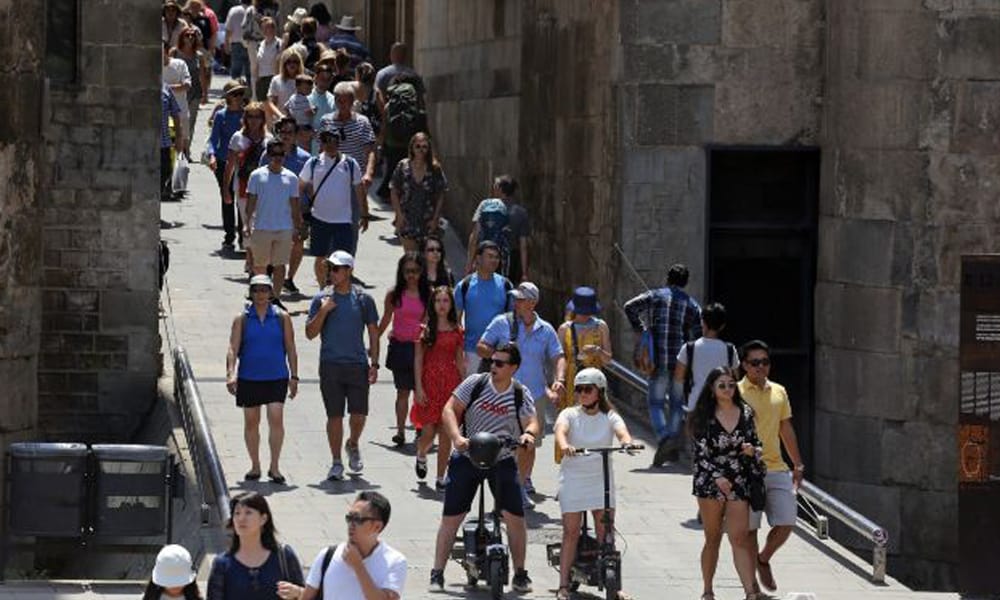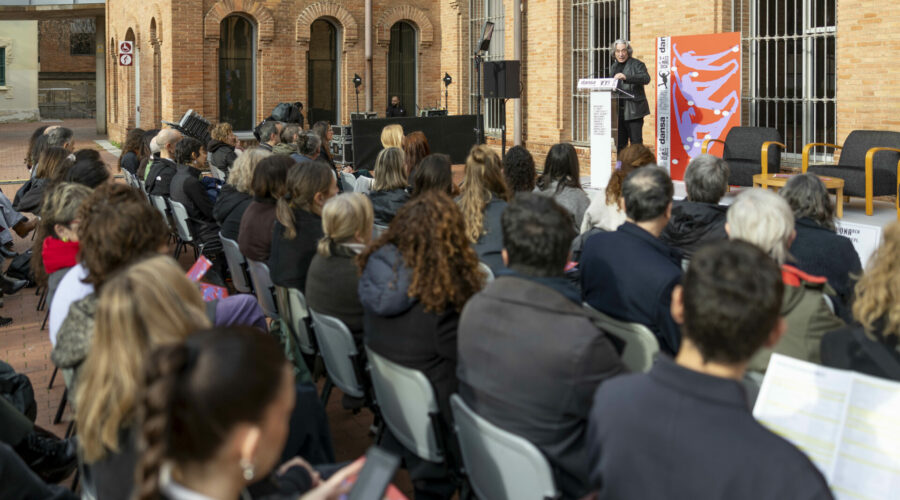 The Barcelona City Council applauds the new regulation announced by the Generalitat de Catalunya, by which tourist rental licenses will no longer be perpetual and will require an urban planning license with a duration of five years.
The Barcelona City Council applauds the new regulation announced by the Generalitat de Catalunya, by which tourist rental licenses will no longer be perpetual and will require an urban planning license with a duration of five years.
This measure was approved by the autonomous government in a decree law, which must be endorsed by the Parliament.
Currently, the Catalan capital has 9,700 tourist apartments and the granting of new licenses was vetoed. The Deputy Mayor for Urban Planning and Housing, Laia Bonet, has expressed her support for this new regulation and stressed that the municipal government was previously consulted on its content.
The regulation aims to address the obvious impact of tourist apartments in Barcelona, where the availability of housing has been reduced due to the proliferation of this type of accommodation. Bonet stressed the importance of housing being used primarily for the permanent residence of citizens.
Regulations limit perpetual tourism licenses
The new regulation implies a change in the processing of licenses, since from now on, an urban planning license will be required instead of a simple communiqué. This change is viewed positively, as it establishes greater control over the proliferation of tourist apartments and encourages a more restrictive approach.
According to the new regulation, Barcelona does not have an excess of tourist apartments. The decree-law establishes a maximum of 10 such dwellings per 100 inhabitants. Based on this ratio, the city could accommodate up to 160,000 tourist rental units.
However, in the absence of a lower limitation, municipalities are granted the ability to reduce the number of these dwellings, if they so wish, always respecting a five-year review period.
The councilor of Barcelona en Comú and Bonet’s predecessor as deputy mayor of Urbanism in the Ada Colau era, Janet Sanz, has also praised the new regulations and urged a reduction in the number of tourist apartments in the city.
The Comuns had previously proposed that tourist rental licenses be temporary, and this new regulation appears to be aligned with that vision.
A major step forward for the city’s tourism organization
The Generalitat’s announcement is a significant step in the effort to balance the supply of housing in Barcelona and reduce pressure on the real estate market.
The transition from perpetual to temporary tourist licenses could lead to greater availability of housing for local residents, while allowing the city to remain an attractive tourist destination.
The successful implementation of this new regulation will be fundamental to achieve a sustainable balance in the tourist rental sector in Barcelona.



